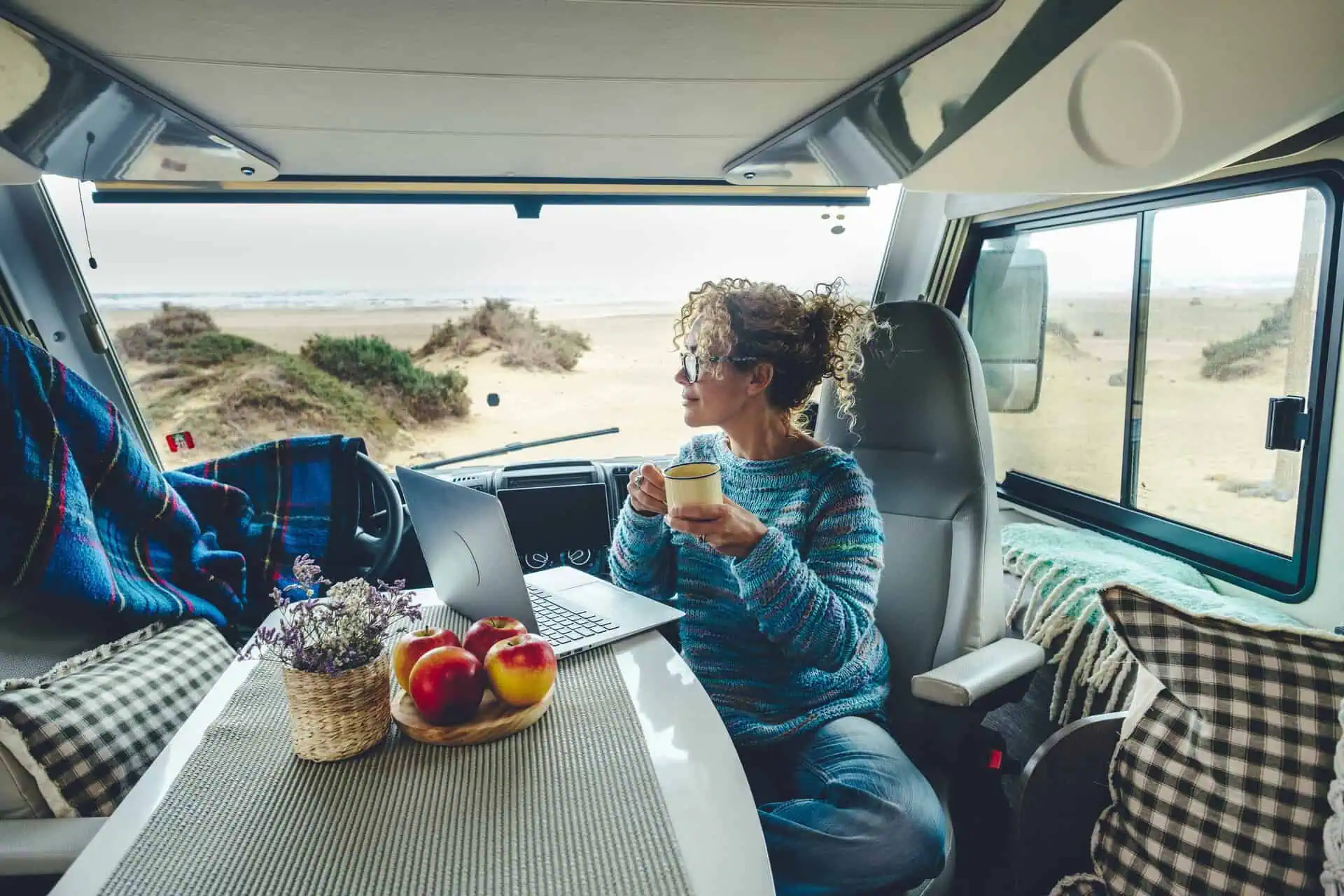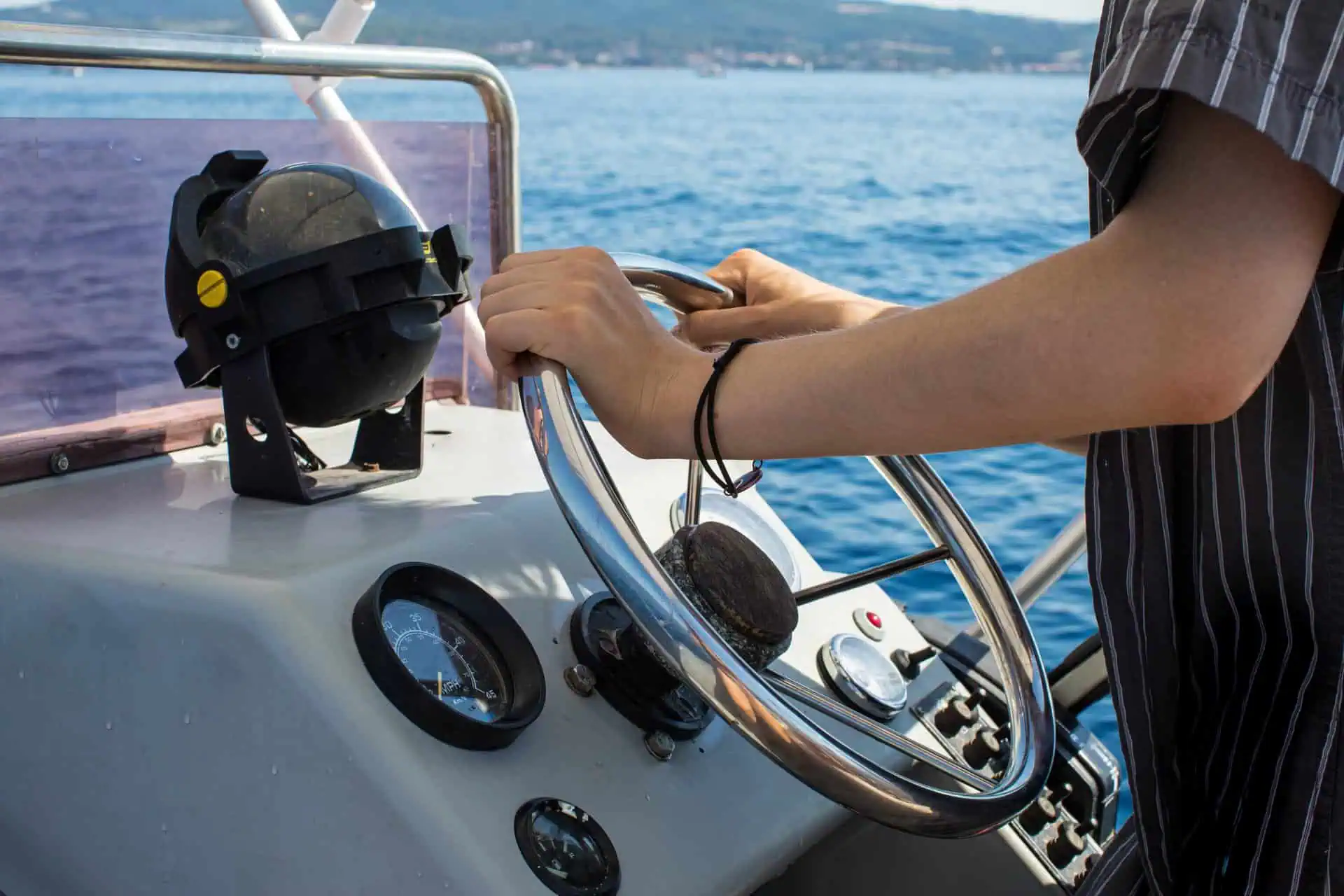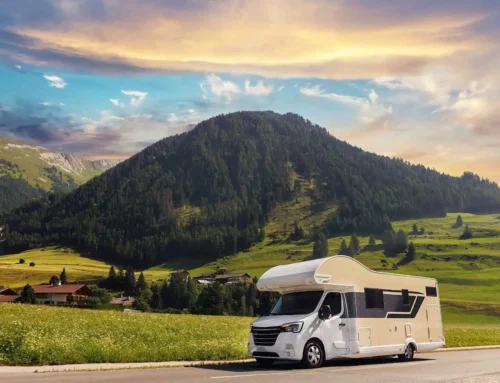Owning an RV or boat offers a great way to enjoy the outdoors, whether you’re exploring the scenic routes of Ohio or spending weekends on the water. However, just like any other vehicle, these recreational assets need insurance coverage to help protect against potential risks. Understanding how RV insurance and boat insurance works can help ensure you have the right level of protection while enjoying your adventures.
What Does RV Insurance Cover in Ohio?
RV insurance policies can offer various types of protection, depending on the type of RV you own and how you use it. Coverage options may include:
- Liability Protection: This may cover damages or injuries you might cause to others while operating your RV.
- Collision and Comprehensive Coverage: These options may help cover damage to your RV from accidents, weather-related events, theft, or vandalism.
- Personal Belongings Coverage: If you store personal items in your RV, some policies may provide coverage for losses due to theft or damage.
- Full-Timer Coverage: For those who use their RV as a primary residence, there may be additional coverage options available.
Coverage specifics can vary, so reviewing different policy options can help ensure you have the right protection for your RV adventures in Ohio.
Do You Need RV Insurance for All Types of Recreational Vehicles?
Not all recreational vehicles require the same type of insurance, and in some cases, coverage requirements may depend on how the vehicle is classified. The main types of RVs that typically need insurance include:
- Motorhomes (Class A, B, C): These are self-powered and generally require an insurance policy similar to car insurance.
- Travel Trailers, Fifth Wheels, and Campers: Since these are towed by another vehicle, they may not require separate liability coverage, but additional coverage for physical damage could be beneficial.
Insurance needs may also depend on state laws, usage, and financing requirements. Checking with an insurance provider can help determine what coverage options are best suited for your RV.
How Does Boat Insurance Work in Ohio?
Boat insurance can provide financial protection against potential risks on and off the water. Policies may include coverage options such as:
- Liability Protection: This may help cover legal and financial responsibilities if you are involved in an accident that causes damage or injury.
- Physical Damage Coverage: Coverage may apply if your boat is damaged due to an accident, theft, or weather-related events.
- Medical Payments Coverage: This could help with medical costs if you or passengers are injured in a boating accident.
- Wreck Removal and Fuel Spill Coverage: Some policies may include options for handling pollution cleanup and wreck removal.
Since coverage details can vary, reviewing different policy options can help ensure you find a plan that aligns with your needs.
Is Boat Insurance Required in Ohio?
Ohio does not have a statewide requirement for boat insurance, but some marinas and lenders may require proof of insurance before docking or financing a boat. Even if it’s not required, having a policy can provide financial protection in the event of an accident or unexpected incident.
Certain factors, such as the size, type, and value of your boat, may influence coverage options. Consulting with an insurance expert can help determine the best coverage based on how and where you use your boat in Ohio.

What Factors Affect the Cost of RV and Boat Insurance in Ohio?
The cost of RV and boat insurance in Ohio can vary based on multiple factors, including:
- Type, Size, and Value of the Vehicle: Larger or more expensive RVs and boats may have higher insurance costs.
- Usage: If you use your RV full-time or take your boat into open waters frequently, it may affect premium rates.
- Driving and Boating History: A history of accidents or claims may influence insurance rates.
- Storage Location: Where you store your RV or boat during the off-season can play a role in determining costs.
- Deductibles and Coverage Limits: Choosing a higher deductible may lower your premium but could result in higher out-of-pocket costs if a claim is filed.
Shopping around and comparing policy options can help find the best balance between cost and coverage.
How Can You Reduce RV and Boat Insurance Costs?
There are several strategies to help manage RV and boat insurance costs in Ohio, such as:
- Bundling Policies: Many insurers offer discounts if you combine RV, boat, and auto insurance under one policy.
- Taking Safety Courses: Completing boating or RV safety courses may qualify you for discounts.
- Installing Safety Features: Anti-theft devices, GPS tracking, and other security measures may help reduce insurance costs.
- Maintaining a Clean Driving and Boating Record: Fewer accidents and claims may result in lower premiums over time.
- Seasonal Lay-Up Coverage: If you store your boat or RV during certain months, some insurers offer reduced premiums for seasonal use.
Understanding different ways to save can help make recreational vehicle insurance more affordable while maintaining necessary protection.
Does Homeowners or Auto Insurance Cover RVs and Boats?
Standard homeowners insurance and auto insurance policies may provide limited or no coverage for RVs and boats. While homeowners insurance may offer some protection for smaller boats stored at home, it often excludes coverage while the boat is in use. Auto insurance may cover liability when towing a trailer, but it may not provide protection for damage to the RV or boat itself.
Because standard policies may not offer full protection, a dedicated RV or boat insurance policy can help cover specific risks.

Final Thoughts: Why Is RV and Boat Insurance Important?
Whether you’re hitting the open road or setting sail on Ohio’s waters, RV and boat insurance can help protect your investment and provide financial peace of mind. Understanding coverage options, state requirements, and potential risks can help you make informed decisions about the best insurance for your needs.
If you’re looking for RV or boat insurance in Ohio, Kirtley Insurance can help you explore coverage options tailored to your lifestyle. Contact us today to learn more about how to protect your recreational vehicles.




